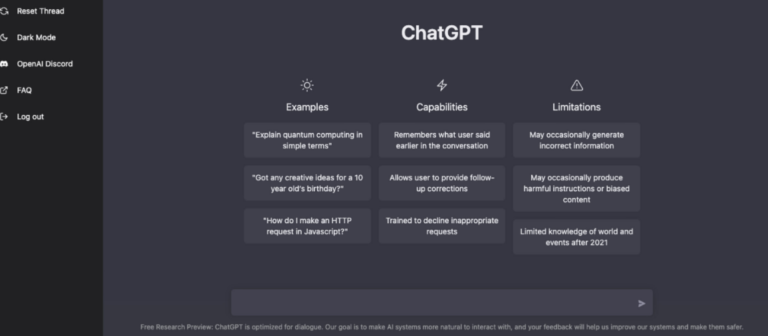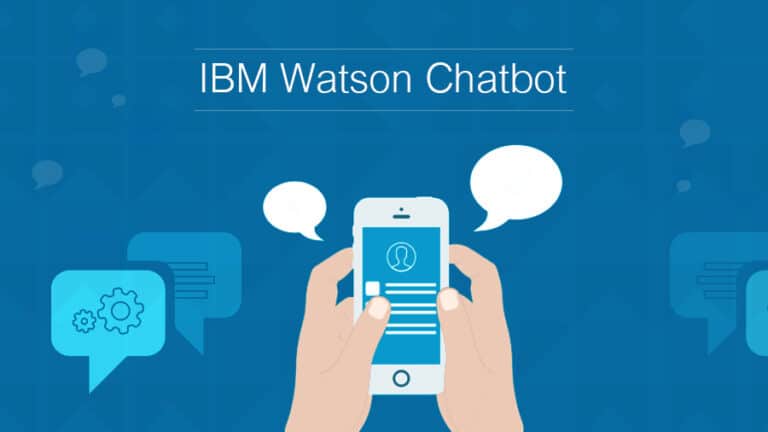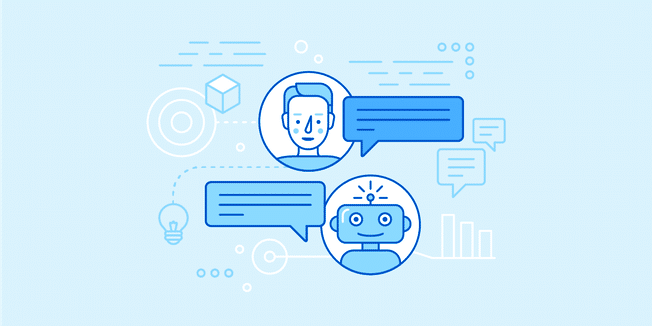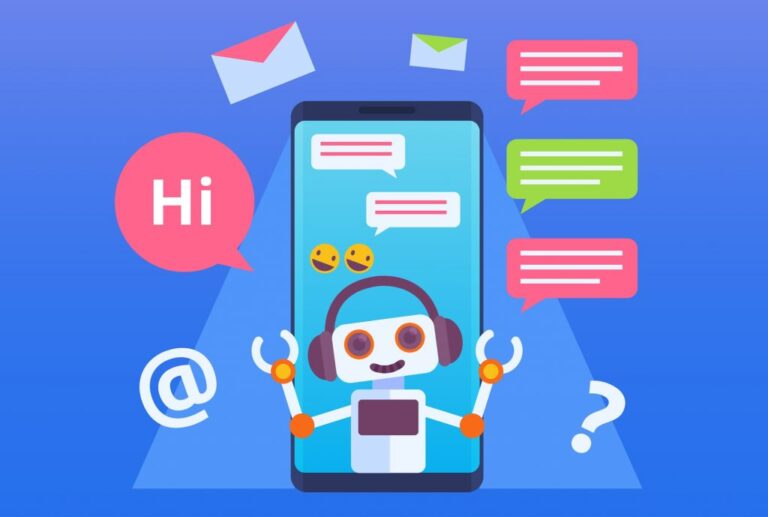Introduction:
ChatGPT is an artificial intelligence language model developed by OpenAI, designed to understand and respond to natural language input. It has been trained on a vast corpus of text data and has the potential to revolutionize the way we interact with technology. However, as with any new technology, there are concerns about its impact on society. In this blog post, we’ll explore whether ChatGPT could turn out to be a hero for humanity or a “horrible product.”
Important Points:
- Advantages of ChatGPT: ChatGPT has the potential to revolutionize the way we communicate with machines. It can understand and respond to natural language input, making it easier and more intuitive to interact with technology.
- Limitations of ChatGPT: While ChatGPT is an impressive technological feat, it is not perfect. It can still struggle with complex language and may not always provide accurate or helpful responses.
- Potential Applications: ChatGPT has numerous potential applications, from customer service chatbots to language translation tools to personal assistants.
- Concerns about AI: There are concerns about the impact of artificial intelligence on society, from job displacement to ethical concerns around the use of AI in decision-making processes.
FAQ’s:
How does ChatGPT work?
ChatGPT works by using deep learning algorithms to analyze and understand natural language input. It has been trained on a vast corpus of text data and can generate responses based on this knowledge.
Can ChatGPT replace human customer service representatives?
While ChatGPT can provide basic customer service support, it may not be able to handle complex or sensitive issues that require human empathy and understanding.
Is ChatGPT ethical?
As with any technology, the ethical implications of ChatGPT depend on its use. It is essential to consider the potential impact on society and to ensure that ChatGPT is used in an ethical and responsible manner.
Can ChatGPT learn on its own?
ChatGPT is capable of learning and improving based on its interactions with users. However, it still requires human supervision and oversight to ensure that it is learning the right things and providing helpful responses.
Pros:
- Improved Communication: ChatGPT has the potential to improve communication between humans and machines, making it easier and more intuitive to interact with technology.
- Increased Efficiency: ChatGPT can provide quick and accurate responses, reducing the time and effort required to complete certain tasks.
- Cost Savings: ChatGPT can be used to automate certain tasks, reducing the need for human labor and potentially saving businesses money.
- Accessibility: ChatGPT can help make technology more accessible to people who may struggle with traditional interfaces, such as those with disabilities or limited literacy.
Cons:
- Job Displacement: The increased use of AI, including ChatGPT, may lead to job displacement in certain industries, particularly those that rely heavily on customer service.
- Limited Understanding: ChatGPT may struggle with more complex language or may not have the same level of understanding and empathy as a human customer service representative.
- Ethical Concerns: There are ethical concerns around the use of AI, particularly around issues such as privacy, bias, and the potential for misuse.
- Dependence on Technology: The increased use of AI, including ChatGPT, may lead to a greater dependence on technology, potentially reducing human agency and decision-making abilities.
Final Conclusion:
In conclusion, ChatGPT has the potential to be a hero for humanity, providing improved communication, increased efficiency, and cost savings. However, it is essential to be aware of the potential risks and limitations, including job displacement, limited understanding, ethical concerns, and dependence on technology. As with any new technology, it is essential to approach ChatGPT with







